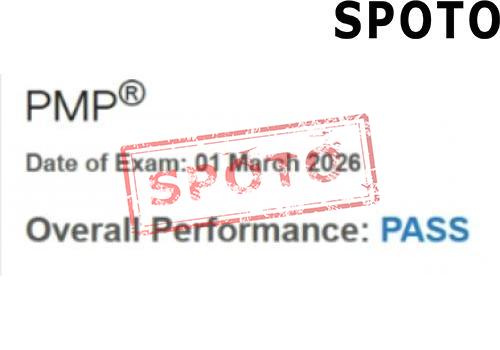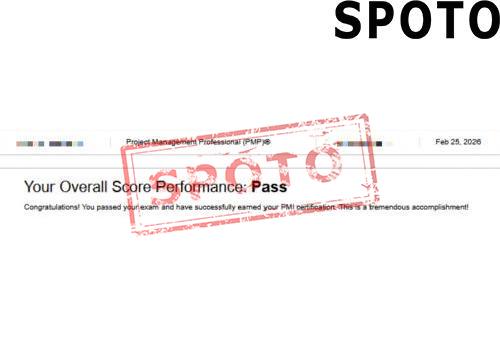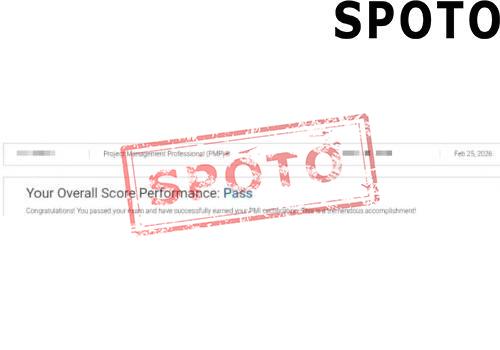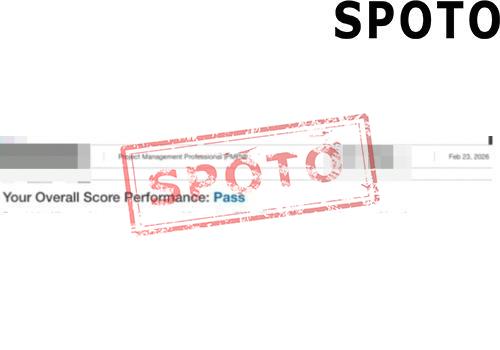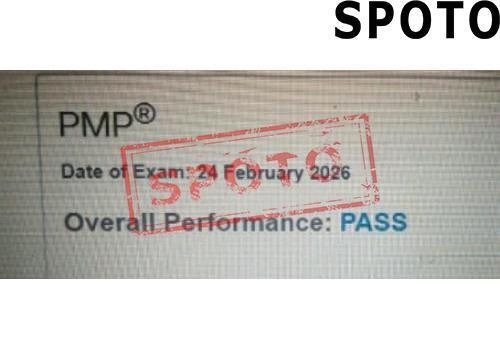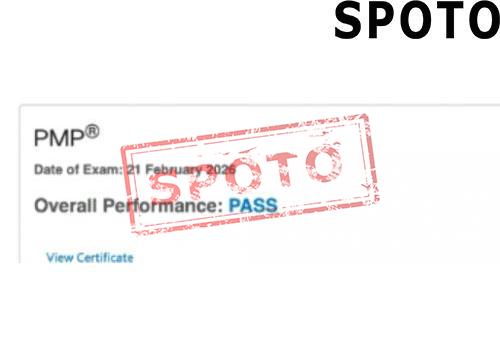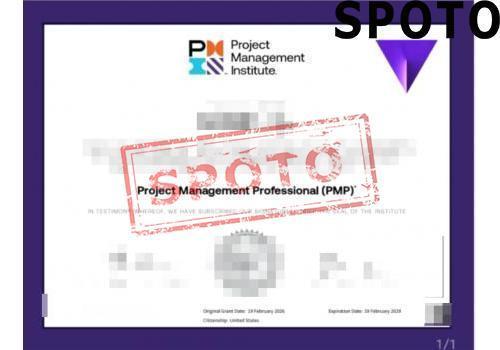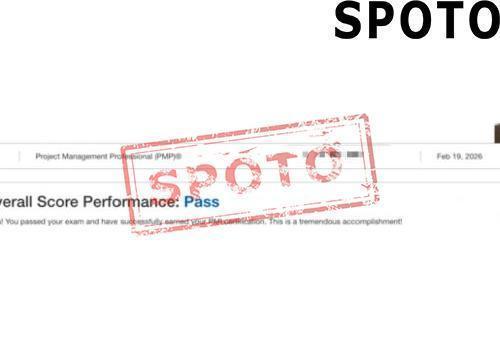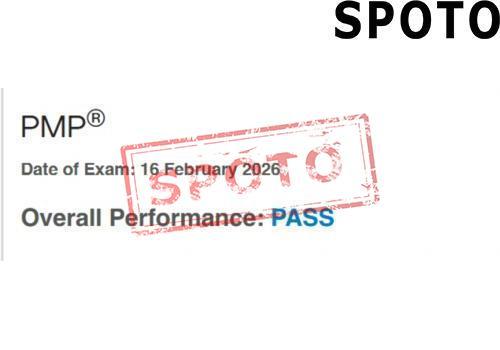
Table of Contents
The Project Management Professional (PMP) certification is a globally recognized credential for project managers. It’s offered by the Project Management Institute (PMI) and is often considered the gold standard for professionals seeking to advance their careers in project management.
If you’re wondering “What are the PMP certification prerequisites?” or “Who can take the PMP certification?”, this guide will give you clear, updated information about eligibility, requirements, and what you need to do to get certified.
Why PMP Certification?
Before diving into prerequisites, here’s why the PMP is so valuable:
-
Recognized globally across industries
-
Demonstrates high-level project management expertise
-
Helps increase salary and job opportunities
-
Opens doors to leadership and management roles
Now, let’s explore the PMP certification prerequisites and how to determine if you qualify.
PMP Certification Requirements (Updated for 2026)
To apply for the PMP exam, you must meet education, experience, and project management training requirements. PMI offers two eligibility paths based on your level of formal education:
✅ If You Have a Four-Year Degree (Bachelor’s or Equivalent)
-
Project management experience: At least 36 months (3 years) of non-overlapping project management experience
-
Project management education: 35 contact hours of formal project management training or CAPM® certification
✅ If You Have a High School Diploma or Associate’s Degree
-
Project management experience: At least 60 months (5 years) of non-overlapping project management experience
-
Project management education: 35 contact hours of project management training or a CAPM® certification
What Counts as Project Management Experience?
Your experience doesn’t need to include a formal “Project Manager” job title. You qualify as long as you've led and directed project tasks — including planning, executing, monitoring, and closing projects.
Relevant industries may include:
-
IT and software development
-
Construction
-
Healthcare
-
Finance
-
Marketing
-
Manufacturing
Each project you list in your PMP application must reflect professional, hands-on involvement in managing various aspects of a project lifecycle.
What Are the 35 Contact Hours of Project Management Education?
Before applying, you must complete 35 hours of formal project management training. This is often fulfilled through a PMP exam prep course, either in-person or online.
Training must cover key topics outlined in the PMBOK® Guide and follow PMI’s Talent Triangle® (Leadership, Technical Project Management, and Strategic & Business Management).
➡️ SPOTO offers a fully accredited PMP certification training course, which fulfills this requirement.
Do You Need Any Prerequisite Certifications?
You don’t need any previous certifications to apply for PMP. However, if you already hold the Certified Associate in Project Management (CAPM®) credential, PMI allows you to skip the 35-hour education requirement.
Still, most candidates directly take PMP training without needing to earn CAPM first.
Who Can Take the PMP Certification Exam?
You can take the PMP exam if you:
-
Meet the education and experience requirements listed above
-
Complete the 35 contact hours of PMP training
-
Submit an application and pass PMI’s review process
Once approved, you can schedule your PMP exam at a test center or online via PMI’s testing platform.
Tips Before You Apply
-
Gather Documentation Early
Prepare records of your project experience, employer details, and training certificates. PMI may audit your application. -
Use a PMP Prep Course
An authorized PMP training course not only fulfills the contact hour requirement but also prepares you to pass the exam on your first try. -
Understand the PMBOK Guide
Familiarize yourself with PMI’s framework — it forms the basis for the exam. -
Stay Current
PMI updates its exam content outline periodically. Make sure your training provider covers the latest topics.
